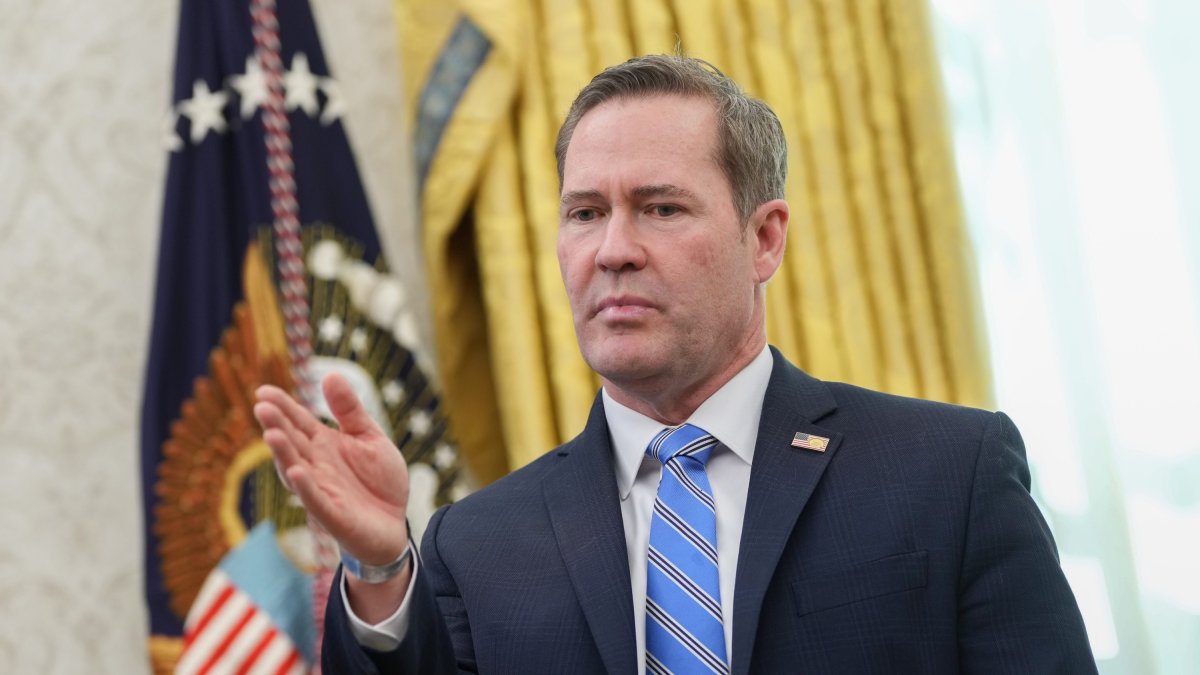Waltz and his team used Gmail for official business, report says
Anonymous sources said a National Security Council official reportedly exchanged technical information about military deployments and weapons systems with other agencies through his personal email.

White House national security adviser Michael Waltz.
Senior officials in Donald Trump's National Security Council (NSC), including National Security Adviser Michael Waltz, allegedly used personal Gmail accounts for sensitive government communications, according to documents reviewed by The Washington Post and testimony from U.S. officials.
According to the Post report, anonymous sources said a Waltz staff member allegedly exchanged technical information about military deployments and weapons systems with other agencies through his personal email. However, the media outlet clarified that while this NSC official used his Gmail account, his interagency partners employed government accounts, according to the correspondence headers reviewed.
As for Waltz, the report indicates that he would have received less sensitive information, such as work documents and his schedule, through his personal account, according to sources cited by the Post.
However, NSC spokesman Brian Hughes denied seeing evidence that Waltz used his personal account in the manner described, asserting that if he received official mail in his Gmail, he forwarded them to his government account to comply with archiving regulations.
"Waltz didn’t and wouldn’t send classified information on an open account," Hughes said.
When asked about the member of Waltz's team who allegedly discussed sensitive military plans via Gmail, a less secure platform than Signal, Hughes emphasized that NSC personnel have clear instructions to use "only secure platforms for classified information."
Leaked chats and tension in the White House
Concerns about information handling in the Trump administration intensified following the accidental inclusion of journalist Jeffrey Goldberg in a Signal chat discussing military operations in Yemen.
The White House acknowledged that the messages reported by Goldberg corresponded to a genuine message chain, which generated discomfort in Trump and increased tension in his cabinet. In the face of the controversy, an internal meeting was called to evaluate Waltz's continuity in the position, but they decided to keep him in his post.
Hughes defended using Signal, pointing out that the platform is approved for certain government devices. However, he clarified that its use is prohibited for sharing classified information.

Politics
Intelligence chiefs deny discussing war plans on Signal during House hearing
Agustina Blanco


























